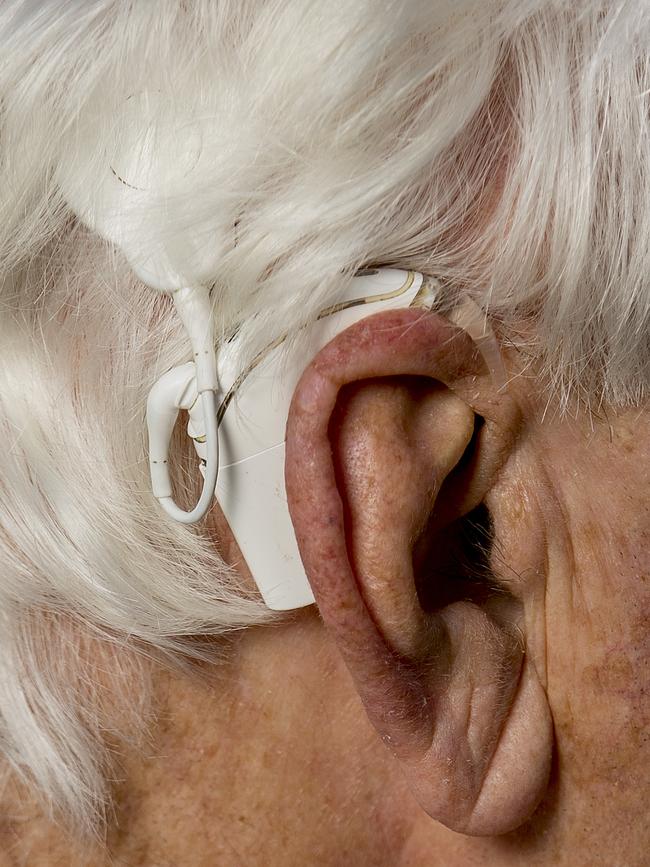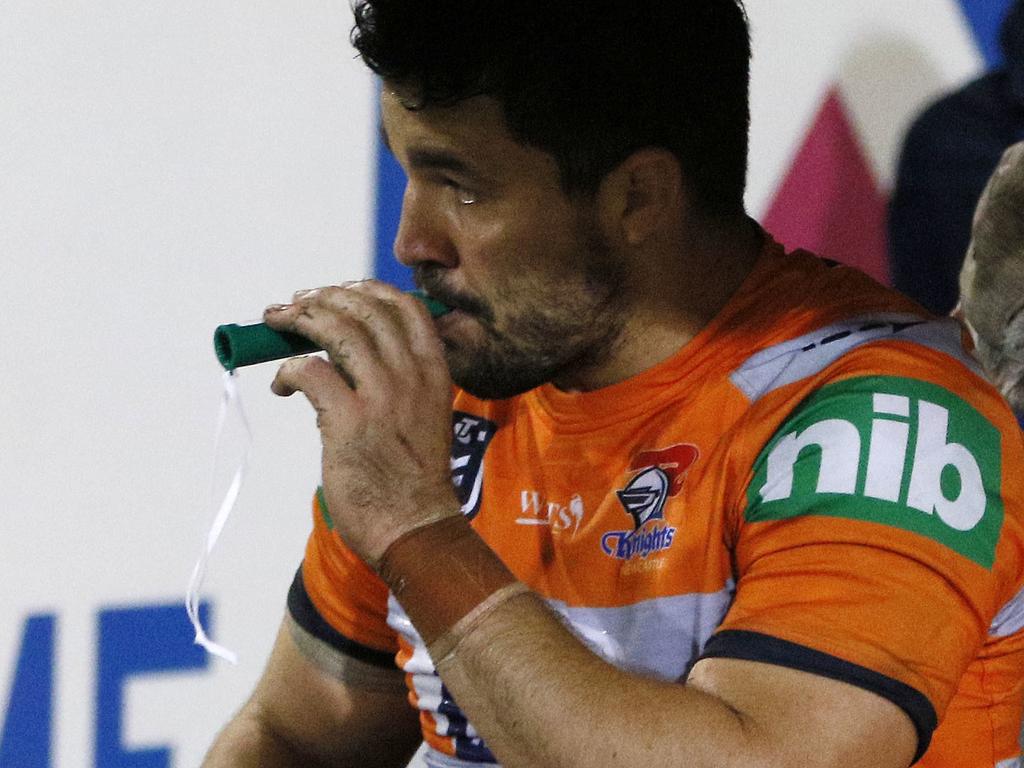Who’s carrying on Cochlear legacy? Medical device stocks that could soar from tailwinds
With strong tailwinds behind them, medical devices stocks are ready to reach new heights. Here’s why they’re set for healthy profits.

The biotech sector is facing a different world than it did just a year ago when the market grew exponentially.
IPO listings in biotechs, which were at record levels in 2021, are slowing down to a trickle this year.
The NASDAQ Biotechnology Index, often used as a barometer for the sector, has lost 15% in 2022. At the same time, the S&P/ASX 200 Health Care (XHJ) index is also down by 10%.
Fundamentally, healthcare is a defensive sector and has always been a stable and recession-resistant one.
Experts argue the market is currently overlooking that aspect, and has oversold the sector to levels that have created pockets of undervalued stocks.
Typically, medical device manufacturers deliver faster revenue growth than say, a traditional drug manufacturer. This is a simple byproduct of the fact drugs take much longer to be clinically approved than a medical device.
So could we see another one of those Aussie success stories similar to Cochlear (ASX:COH), Resmed (ASX:RMD) and Nanosonics (ASX:NAN)?
There are several strong tailwinds pushing medical devices stocks:
Ageing population
Essentially, there will be growing demand for medical devices as the elderly become a larger percentage of our population. In Australia, approximately 4.2 million people (or 16% of the nation’s total population) are aged 65 and over.
Patents
Numerous ASX-listed med devices stocks have obtained worldwide patents that could propel their growth. This is because possessing a patent is the one key aspect in gaining key market shares globally, by shielding away competitors.
Having a patent also allows a company to set a premium price, allowing for better profit margins.
Inflation/recession-proof
As we go through a higher rate cycle, medical devices stocks could offer the perfect defence for a portfolio.
Medical devices are non-discretionary purchases, and as such won’t be impacted by any demand crunch we often see in an inflationary or recessionary environment.
The government’s push
Currently, the price of medical devices in Australia is at least 30% higher than in other developed countries like NZ and the UK.
But the recent federal budget has addressed that problem by closing a loophole that dissuades high earners from taking out private health insurance, which has so far put the burden on the national Medicare system. Closing that loophole would see more funding from private insurers, eventually bringing down the cost of hip and knee replacements, cardiac and other devices for patients.
Who’ll be the next Cochlear?

Micro-X (ASX:MX1)
Micro-X is developing excellent cathode X-ray technology which has applications for the health sector, but they’re also doing work with bomb detection and airport security self check-in.
The company’s technology revolves around the miniaturisation of X-rays, and has already received a TGA approval for its Rover x-ray imaging machine.
Respiri (ASX:RSH)
Respiri’s app wheezo helps mitigate the risk of events by helping asthma sufferers with their condition to better follow their asthma management plan.
The technology detects the wheeze, a typical symptom of asthma and respiratory disease, while also providing personalised feedback and education.
ResApp Health (ASX:RAP)
ResApp’s proprietary machine learning technology could identify coughs from audio recorded using the smartphone’s in-built microphone.
The company says the technology will provide a ‘rule-out screening test’ for Covid-19 at scale globally, which could eventually phase out PCR tests,
ResApp surprised the market earlier this month after revealing that Pfizer wants to buy out the company at 11.5c a share, valuing it at around $100m.
OncoSil Medical (ASX:OSL)
The OncoSil device is a breakthrough single-use brachytherapy device that comprises phosphorous-32 microparticles.
It could be used to inject drugs directly into a pancreatic tumour, to deliver an absorbed dose of 100 Gy in 81 days.
EMvision (ASX:EMV)
EMV makes portable brain scanners which can detect stroke and other brain injuries.
EMvision says it does not aspire to replace the current stroke imaging methods: computer tomography (CT) or magnetic resonance imaging (MRI) scans.
Based on electromagnetic microwave imaging, EMvision’s devices are intended to be used in hospitals as an adjunct to these accepted methods.
Painchek (ASX:PCK)
PainChek has a patented algorithmic-based device to measure the level of pain experienced by non-verbal older people and infants.
The cloud-connected device comes up with a pain score that measures things such as facial expression, behaviour, body movements and, when possible, vocalisation.
SUBSCRIBE
Get the latest Stockhead news delivered free to your inbox. Click here





To join the conversation, please log in. Don't have an account? Register
Join the conversation, you are commenting as Logout